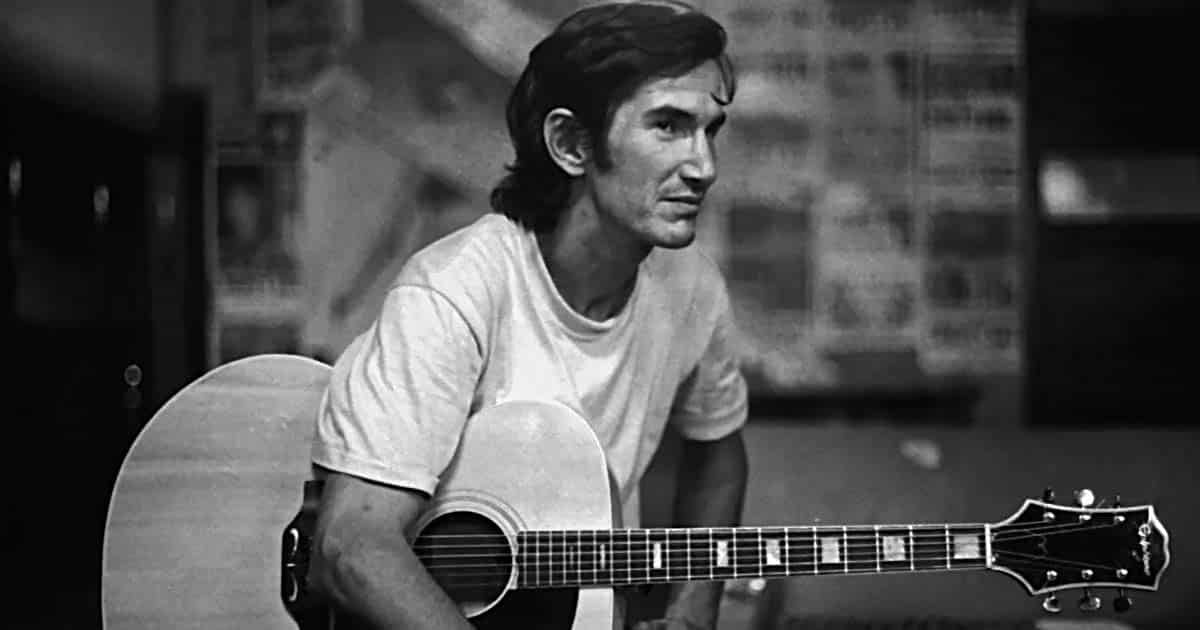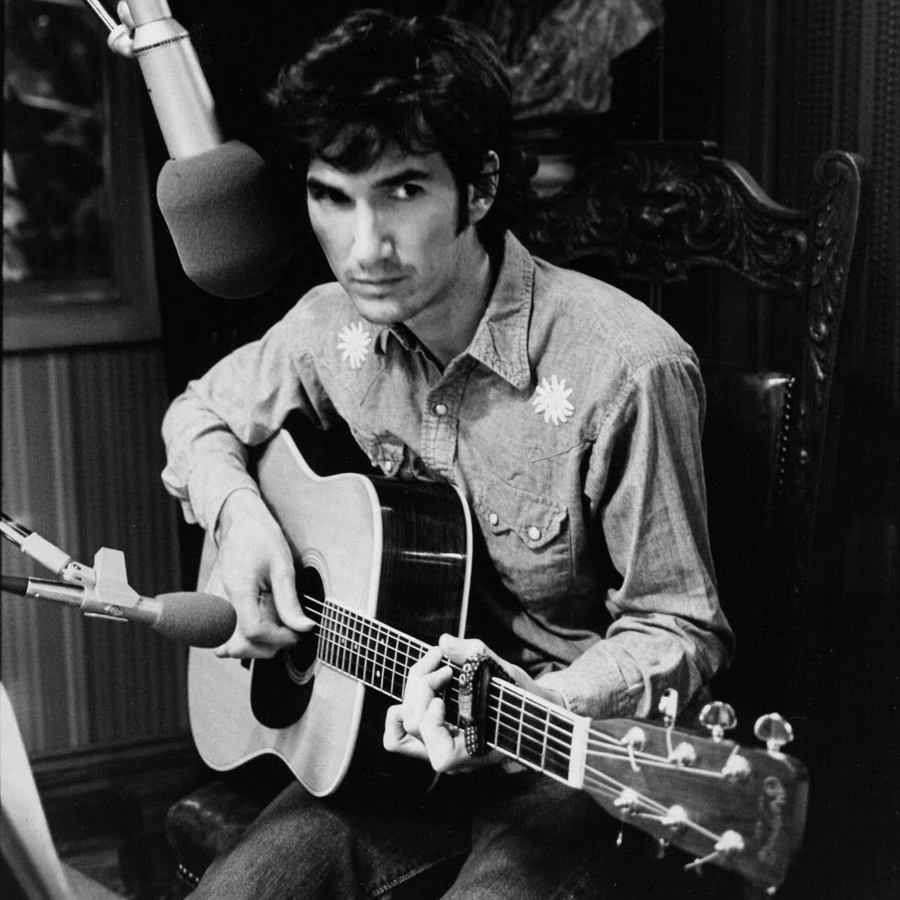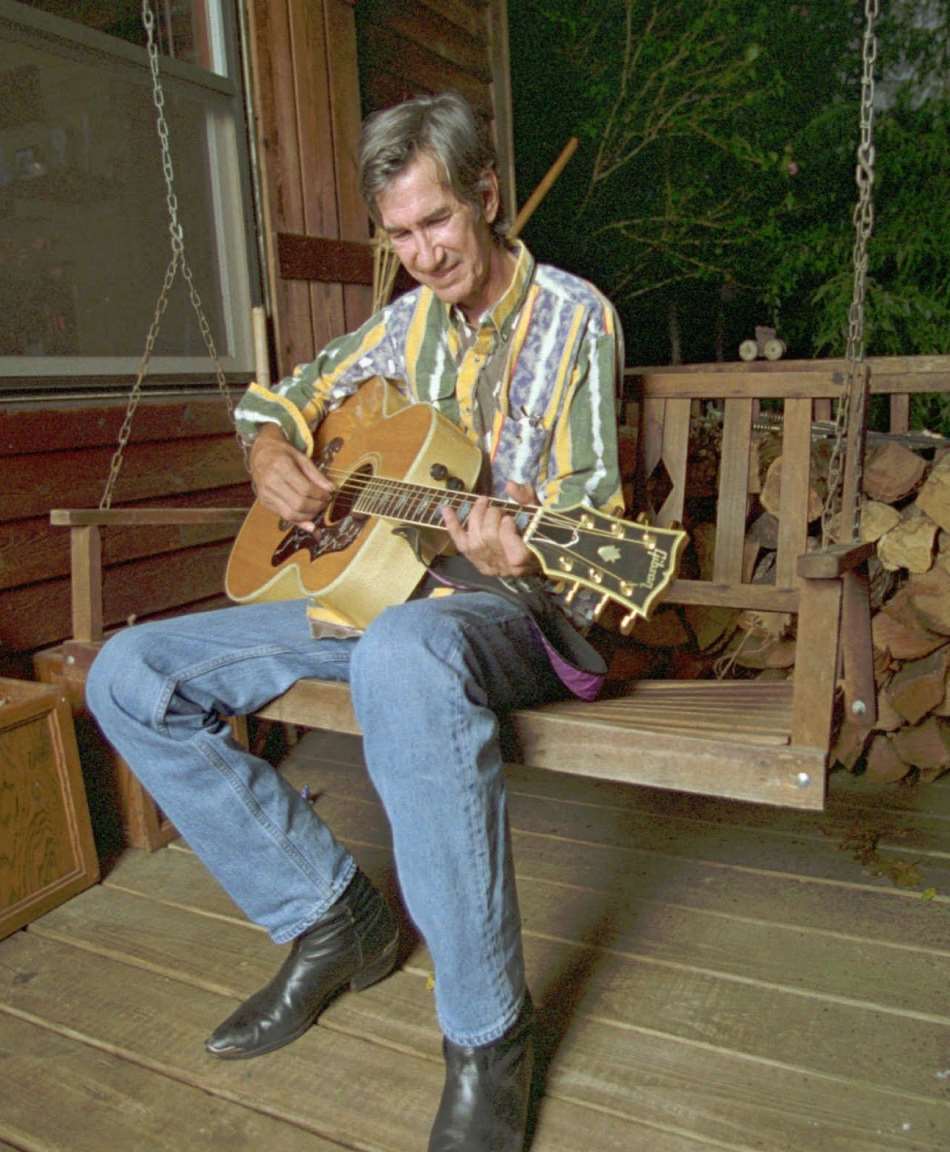Could the spirit of a wandering troubadour truly be captured within the confines of a dollar amount? Townes Van Zandt, the enigmatic country singer and songwriter, left behind a legacy of songs that resonate with raw emotion, but his estimated net worth as of 2022 was approximately $1 million, a figure that seems inadequate in measuring the impact of his profound artistry.
Born John Townes Van Zandt on March 7, 1944, in Fort Worth, Texas, Van Zandt's life was a tapestry woven with both immense talent and personal struggles. He was a man of contradictions: a scion of a prominent Texas family who embraced a life of artistic freedom, sometimes to the detriment of his own well-being. His music, often characterized by its poetic storytelling and melancholic undertones, has influenced generations of musicians, solidifying his place as a pivotal figure in the American folk and country music landscape. He was a member of singers and songwriter who rose to prime prominence as a country singer.
| Category | Details |
|---|---|
| Full Name | John Townes Van Zandt |
| Born | March 7, 1944, Fort Worth, Texas, United States |
| Died | January 1, 1997 (aged 52) |
| Occupation | Singer-songwriter, Guitarist |
| Genres | Folk, Country, Americana |
| Instruments | Vocals, Guitar |
| Years Active | 1960s 1990s |
| Net Worth (as of 2022) | Approximately $1 million |
| Parents | Harris Williams Van Zandt and Dorothy Townes |
| Education | University of Colorado Boulder, University of Texas at Austin (briefly attended law school) |
| Influences | Hank Williams, Lightnin' Hopkins |
| Known For | Songwriting, Poetic Lyrics, Raw Vocal Style |
| Notable Songs | "Pancho and Lefty," "If I Needed You," "To Live Is to Fly," "Tecumseh Valley" |
| Associated Acts | Guy Clark, Steve Earle, Jerry Jeff Walker, Mickey Newbury |
| Legacy | Influential figure in folk and country music; songs covered by numerous artists |
| Reference | AllMusic Biography |
The Van Zandt family boasted a lineage of prominence in Texas, tracing their roots back to the founding families of Fort Worth. His upbringing, however, was marked by a nomadic childhood, as his father's career as a corporate lawyer necessitated frequent relocations. Despite this transient existence, young Townes was exposed to a world of privilege, a stark contrast to the often-impoverished characters that would later populate his songs. His mother's family name, Townes, is immortalized in the University of Texas at Austin Law School's Townes Hall, a testament to their family's legacy. This early exposure to wealth and status, coupled with his inherent sensitivity, likely contributed to the complex and often-conflicted nature of his artistic expression.
Van Zandt's musical journey began in earnest in the mid-1960s. He frequented the Jester Lounge in Houston, where he earned a modest $10 per night, honing his craft and sharing stages with fellow musicians like Lightnin' Hopkins, Guy Clark, Mickey Newbury, Jerry Jeff Walker, and Doc Watson. These early encounters within the vibrant Houston music scene were formative, shaping his artistic sensibilities and forging lasting friendships. The intimate atmosphere of these clubs provided a fertile ground for the development of his signature style: a blend of Texas folk, blues, and a poet's sensitivity to the human condition. It was during this period that he began to craft the songs that would come to define his career, tales of hardship, resilience, and the bittersweet beauty of life.
The 1970s saw Van Zandt release a string of critically acclaimed albums, including "For the Sake of the Song" (1968), "Our Mother the Mountain" (1969), and "Townes Van Zandt" (1969). These recordings, characterized by their stark simplicity and lyrical depth, established him as a major force in the burgeoning Americana movement. His songs, such as "Pancho and Lefty," later popularized by Willie Nelson and Merle Haggard, and "If I Needed You," became enduring classics, covered by countless artists and cherished by fans across the globe. The raw emotion of his delivery, coupled with the haunting beauty of his melodies, created a unique and powerful connection with his audience. In 1972, foreshadowing his eventual demise, he called his album "The Late, Great Townes Van Zandt."
Despite the critical acclaim and the growing popularity of his songs, Van Zandt's life was marked by significant personal struggles. His battle with drug and alcohol addiction cast a long shadow, impacting both his personal relationships and his creative output. While his songs often revealed a deep understanding of the human condition, reflecting pain, loneliness, and the search for meaning, his own life mirrored these struggles. His talent was undeniable, yet he wrestled with the demons that plagued him, often finding solace only in his music. The stark reality of his addiction, a constant companion, ultimately led to his untimely death on January 1, 1997, at the age of 52.
Even amidst his success, Van Zandt remained a man of simple pleasures. He found contentment in planting morning glories, listening to Paul Harvey's radio show, and enjoying the sitcom "Happy Days," even residing in a Nashville home devoid of heating, plumbing, or a telephone. This grounding in the everyday, in the small joys of life, provides a poignant contrast to the depth and complexity of his artistry. It speaks to a humility and a genuine connection to the world that, despite his demons, he never completely lost.
The impact of his music continues to resonate today. He was named an inspiration by singer Neil Young and continues to influence the next generation of artists. His legacy is a testament to the power of honest songwriting and the enduring appeal of songs that touch the heart and soul. His tunes, rooted in Texas soil, transcended geographical boundaries, touching upon universal themes of love, loss, and the human experience. The "battle for townes van zandt's legacy" is a fight that he has already won, as his music will continue to be discovered and appreciated for years to come.
The estimated net worth of $1 million, while a tangible measurement, fails to encapsulate the true value of Townes Van Zandt's contributions. His true wealth lies in the emotional impact of his songs, the stories they tell, and the inspiration they provide to those who listen. It lies in the shared experiences of those who have found solace in his music, those who recognize their own struggles and triumphs reflected in his poignant lyrics and soulful melodies. The true measure of Townes Van Zandt's worth is not in dollars and cents, but in the lasting legacy of his art.
Van Zandt's work is often compared to the works of other influential artists, such as Steve Earle, who has a net worth of around $2.5 million. However, comparing net worths does not define an artist's talent, nor does it reflect the influence they had on their respective fields. The comparison serves only as a point of reference when attempting to place Van Zandt's monetary status in context.
The information about Townes Van Zandt's net worth is based on social factors and may vary. Therefore, it is advised that any figures relating to his income should only be used as guidance. His actual earnings may not reflect the estimated monetary information.
Born on March 7, 1944, in Fort Worth, Texas, Van Zandts contributions to the world of music extend far beyond the confines of his time. His bluesy and Texas folk tunes paid homage to his roots in the Southern State. His untimely death offered his body of work a new lease on life. He was also the son of Harris Williams Van Zandt and Dorothy Townes. His father, a corporate lawyer, caused him to move around frequently as a child, due to the nature of his job. The impact he left on the music community is why the battle for townes van zandt's legacy is still so relevant.
Van Zandt was more than just a singer and songwriter, he was a masterful storyteller. He wove tales of life and circumstance, which has made him a timeless and influential musician. Through songs such as Tecumseh Valley, Pancho and Lefty, To Live Is to Fly, and If I Needed You, he created a lasting effect on the music industry.
In the realm of music, there is a group of artists that come together to make the world of music a beautiful and diverse place. The world of singers is constantly evolving, with new voices, new sounds, and new stories.
- Jacqui Passmore Unveiling The Life Legacy Of A Trailblazer
- Does Sam Heughan Have A Twin Unveiling The Truth


